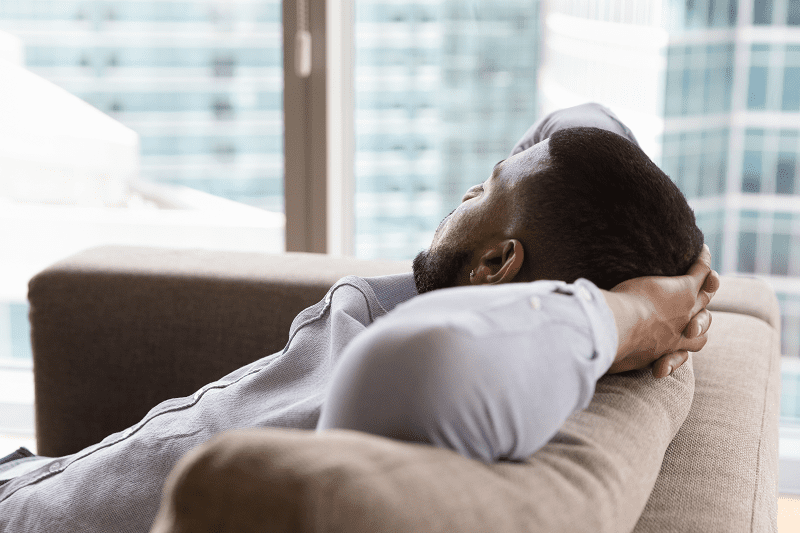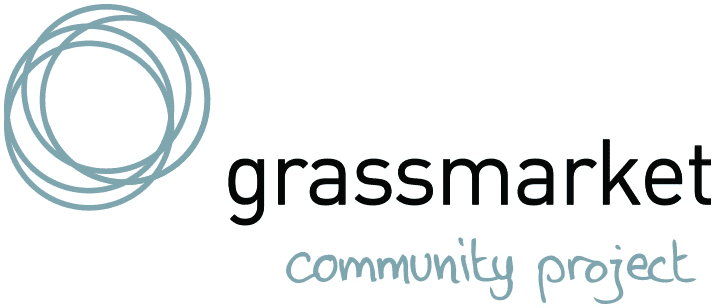
Meditation for your health and wellbeing
Meditation is good for your mental and emotional health and you can do it any time, any place, (almost) anywhere for free!
Meditation is a regular and popular part of our Members’ Health and Wellbeing class. The great thing about meditation is that it is good for you and you can do it almost anywhere, on your own, or in a group.
So, if you have ever wondered about meditation, read on and give it a go. Or, better still, join us at the Health and Wellbeing class each week.
What is meditation?
From ancient wall paintings, we can see that perhaps meditation originated as early as 5,000 years ago BC. Today, there are nine recognised types of meditation practised amongst all cultures and most religions. A popular and simple version is ‘Mindfulness Meditation’ which is endorsed by the NHS. This is defined as a way of ‘paying attention to thoughts, feelings, sensations, surroundings or aspects of our experience in the present moment’ to help us manage problems and avoid us getting caught up with negative emotions. Anyone can meditate without cost, specialist equipment or reliance on others.
How can meditation help me?
Overall, meditation can help improve emotional and mental health. Specific, scientifically proven benefits include:
- Reducing stress
- Managing anxiety and depression
- Enhancing self-awareness
- Improving attention span and memory
- Improving sleep
- Decreasing blood pressure
- It may help with pain management
- It may help fight addictions
How do I meditate?
Meditation does not have to take long to be helpful. Many people include it in their daily routine.
If you are starting out with meditation, or you just want to be reminded how to meditate, here is the simple approach we practise in our Health and Wellbeing class:
- Move to a calm and quiet place to avoid distractions. If you can, put on soothing music and avoid harsh lighting. You are trying to create a relaxing, chilled vibe, so definitely turn off your phone.
- Sit in a posture which is comfortable for you, it can be in a chair, on a sofa or on the floor. You may wish to recline if you can, and try to keep warm throughout.
- Close your eyes and become aware of your body and breathing.
- Start to take slower and more regular breaths, deep into the lungs and stomach.
- Become aware of each area of your body in turn and try to relax any tense areas, your head, face, shoulders, torso, hands, each leg and foot.
- Try to clear your head of any thoughts, but don’t worry if thoughts do enter your mind because they will! Hold any thoughts for a second or two, don’t judge them, just ask yourself how they make you feel, then let those thoughts move on.
- Keep your eyes closed and the regular, deep and slow breathing throughout.
- You can keep meditating like this for as long or as little as feels useful, or as time allows. Afterwards, you should feel calmer and more refreshed. Some studies also suggest you may even feel kinder towards other people!
Useful links to help you get started:
Members of our Health and Wellbeing class love the podcast Meditation Mountain to help guide their meditation in class. It is available on Spotify, Apple and several other platforms. The NHS meditation video helps you get a better night’s sleep.
Our Health and Wellbeing classes have some exciting changes coming up, so watch this space for more details…
Become a Member
There are lots of opportunities for individuals to participate and join in! Everyone is welcome.
A BIG THANK YOU
The Grassmarket Community Project’s Members Programme relies on the generosity of our customers, funders and donors. Our key funders for this area of our work are Nationwide Community Grants, The Robertson Trust and EVOC/Scottish Government Communities Mental Health and Wellbeing Fund. We thank them for their essential continued support.




